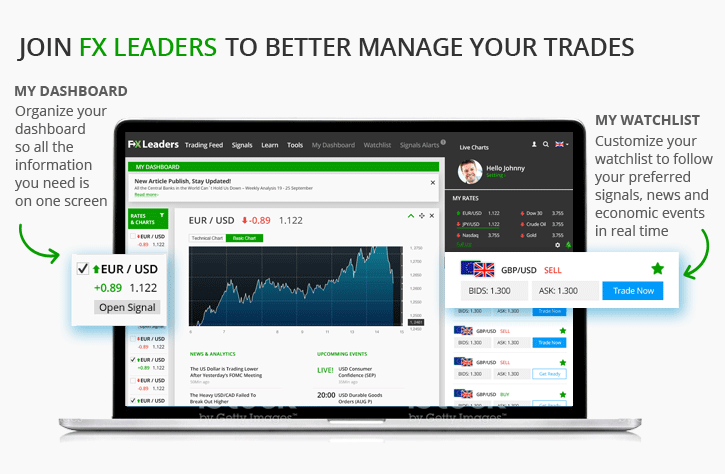What is a DEX?
Last Update: March 8th, 2022
The term, “DEX” is short for “Decentralized Exchange.” It is a platform where you can trade your cryptocurrency tokens without any oversight of central controlling entities like the traditional banks do. “Decentralized” meaning there is no central authority and instead, there is the blockchain. The key process which powers Decentralized Exchanges is what we call “smart contracts.”
Key differences between DEXs & centralized exchanges
Unlike centralized exchanges like Binance or Coinbase, where ownership of coins is 100% of the exchange, DEXs do not own any of the coins. DEXs only act as conduits between two different entities that want to trade their cryptocurrencies without holding any of the cryptocurrencies that will be exchanged. Centralized exchanges are usually at risk of hacking and crypto theft because they are known to hold large sums of cryptocurrency.
At the same time, since centralized exchanges offer a service of being a third-party in a cryptocurrency transaction, they usually charge a small transaction fee, aside from the gas fees, for every trade you make on their platform. DEXs on the other hand just have the gas fees per transaction.
Anonymity is also a key differentiation between DEXs and Centralized Exchanges. Centralized Exchanges require their users to fill up KYC (know-your-customer) application forms before they start trading on their platforms whereas DEXs only need you to have a wallet to begin trading – no identity verification is needed. KYCs are needed by centralized exchanges due to regulatory concerns depending on which country they are operating in. Certain people are not able to trade or have limited trading services (such as leverage limitations for example) in centralized exchanges.
Reasons to use DEXs/ what problems they solve
-
Anonymity
There are several reasons why you should use a decentralized exchange versus a centralized exchange, of which is anonymity. Nowadays, people are very concerned about corporations and networks taking their personal information and using it for their own motives. Privacy and securing sensitive personal information is of utmost importance to most people and as such, KYCs of centralized exchanges are usually a turn-off to most. DEXs offer a different solution as you do not need to give your social security number, photo, or fingerprint. You would not have any concerns about privacy.
-
Decentralized
All transactions in the DEX have no centralized authority. Everything is automated and based on smart contracts which is a coded set of open-sourced contracts on the blockchain which has no risk of getting human errors or getting your account disabled. And since the tokens are not owned by the exchange, there is no risk of not being able to withdraw or transact when the exchange is under maintenance or experiencing downtime. Trust would not be an issue when transacting via the DEX because of the smart contract’s nature of being automated in the blockchain.
-
Faster and Cheaper
Performing transactions via the DEX is faster than centralized exchanges. Also, you would not have to pay more fees unlike in a centralized exchange, just the gas fees which are pennies on the dollar.
Overall, the benefits of DEXs are the following:
- No need to give your personal information
- Decentralized, no risk of getting disabled, or not being able to withdraw your crypto
- Faster and cheaper, with no additional transaction fees
The risks involved in using DEX protocols
DEX seems like a godsend due to all of its positive benefits but of course, it also has its downsides.
The main problem with DEXs is inherent to it being decentralized. Since everything is automated via the smart contract, if in any case there is a bug in the code, you would not have anyone to contact for support. Situations wherein you may have entered the wrong wallet address, or bought a scam coin that looks like a copy of real crypto – you would 100% not be able to get your money back. In other words, if you are using a DEX, you cannot make any mistakes or human errors. You have to be very careful when transacting because once you hit the send button, you can never get it back if you made a mistake.
Another problem of DEXs is that due to it being open-source and transparent in the blockchain, essentially anyone can take a look at the code. As a result, any devious hacker can search the code for bugs and exploit that weakness and attack it.
Lastly, the problem with DEXs is the liquidity. Usually, DEXs have low liquidity so that if you were to buy a lot of a certain token with low liquidity, you could definitely rally the price higher. And vice-versa, if you sell a lot of a certain token, you could crash the price of a token lower.
Popular third-party integration with DEX
The most popular third-party integration with DEX is the MetaMask wallet. This crypto wallet is essentially a Chrome extension which makes the transacting process very easy for anyone using the Chrome browser. You can send and receive cryptocurrency in almost any blockchain network. MetaMask has made it very easy and accessible to anyone who wants to participate in the cryptocurrency market.
Most popular Decentralized Exchanges
Here are the top 5 DEXs and their % Market Share (Based on Coinmarketcap)
-
dYdX
30.53% market share – dYdX is a DEX platform that facilitates trading of digital assets with margin.
-
Uniswap (V3)
9.06% market share – Uniswap V3 is an upgrade to the Uniswap v2 which provides more efficiency and significant improvements to the TWAP oracle.
-
PancakeSwap
8.57% market share – PancakeSwap is a DEX built on the Binance Smart Chaine which is relatively faster than the Ethereum smartchain.
-
TraderJoe
3.20% market share – TraderJoe is a DEX built on the Avalanche network which help facilitate trading, lending, and leveraged trading.
-
Uniswap (V2)
2.26% market share – This is the previous iteration of the Uniswap V3.



